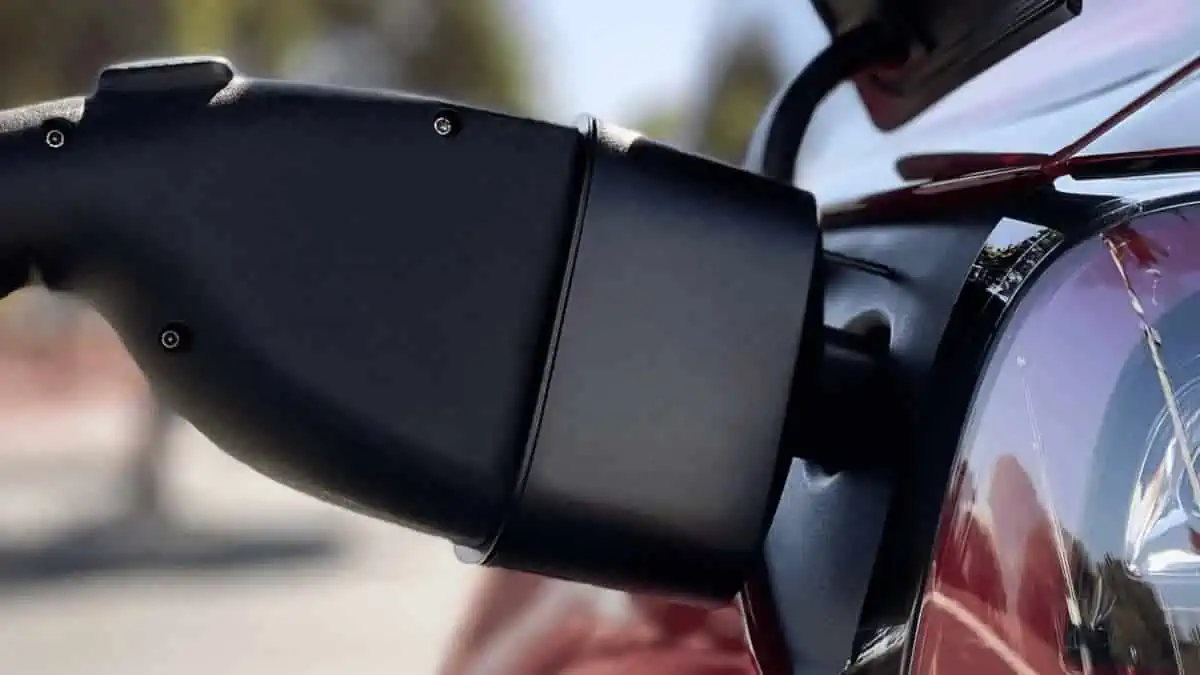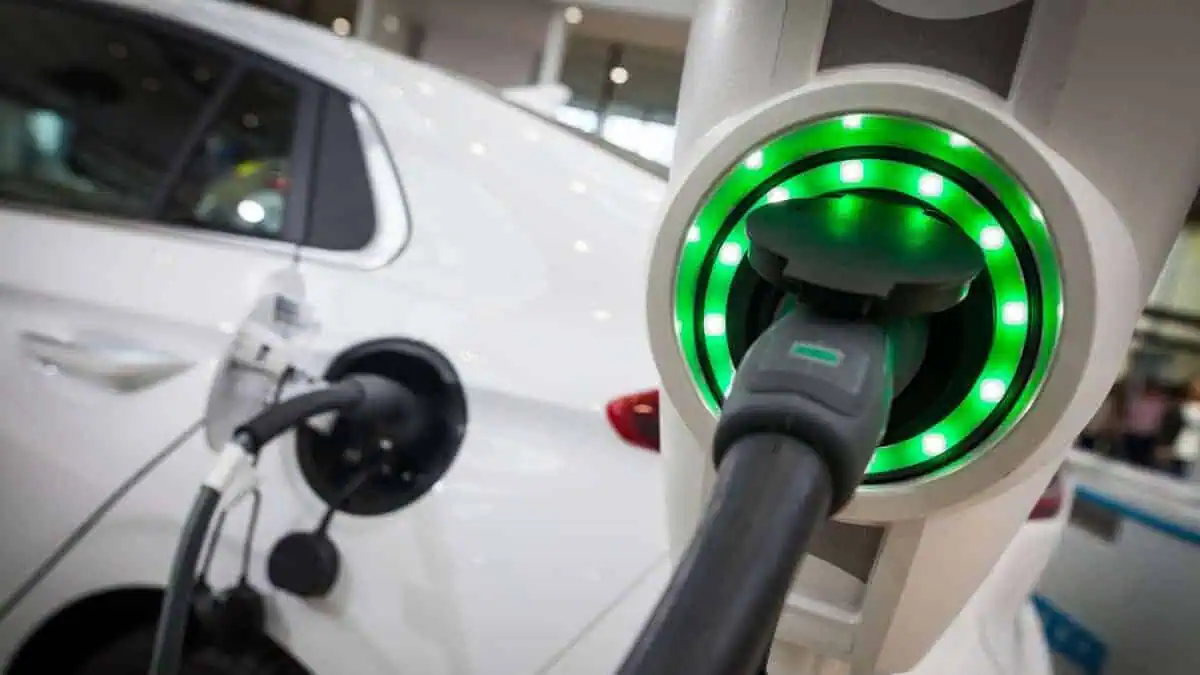Japanese legacy automaker Nissan announced Wednesday plans to adopt Tesla’s North American Charging Standard (NACS) by 2025. This major agreement will enable Nissan electric vehicle owners to access Tesla’s vast and reliable Supercharging network by 2024.
Nissan’s fast approach toward Tesla’s charging standard made it the first Japanese brand to join the growing NACS family in the US and Canada.
Nissan EVs to access Tesla Supercharger network in 2024
The Tesla-Nissan agreement is very similar to those announced by the first automakers to support the NACS, including Ford, General Motors, Rivian, Volvo, Polestar, and Mercedes-Benz.
In that sense, Nissan aims to produce a NACS charging adapter for Ariya EVs, which currently features the Combined Charging System 1 (CCS1) for DC fast charging. The adapter will allow drivers to connect their car’s port to NACS connectors.
Nissan will also equip its EVs with NACS port by 2025 for the US and Canadian customers, enabling a seamless charging experience in Tesla’s Supercharger network.
“Adopting the NACS standard underlines Nissan’s commitment to making electric mobility even more accessible as we follow our Ambition 2030 long-term vision of greater electrification. We are happy to provide access to thousands more fast chargers for Nissan EV drivers, adding confidence and convenience when planning long-distance journeys.”
Jérémie Papin, Nissan America Chairperson
It is worth noting that the Biden Administration also supports the NACS charging technology, offering billions of dollars in federal subsidies for companies, including Tesla’s charging standard and CCS.
See Also:
- Mercedes-Benz becomes the first German automaker to adopt Tesla’s NACS
- Tesla to hit 50,000-stall milestone by Q3 2023, report says
- Tesla’s NACS connector becomes mandatory for state funding, encouraging adoption by automakers
- Texas requires state-backed charging stations to include Tesla NACS
- White House offers Tesla Superchargers subsidies but on one condition
Nissan’s move to adopt Tesla’s charging standard aligns with its Ambition 2030, which aims to have EVs account for over 40% of its new vehicle sales in the US. The Japanese automaker will produce new all-electric models at the Canton plant by late 2025, with secured access to America’s most reliable charging network.






